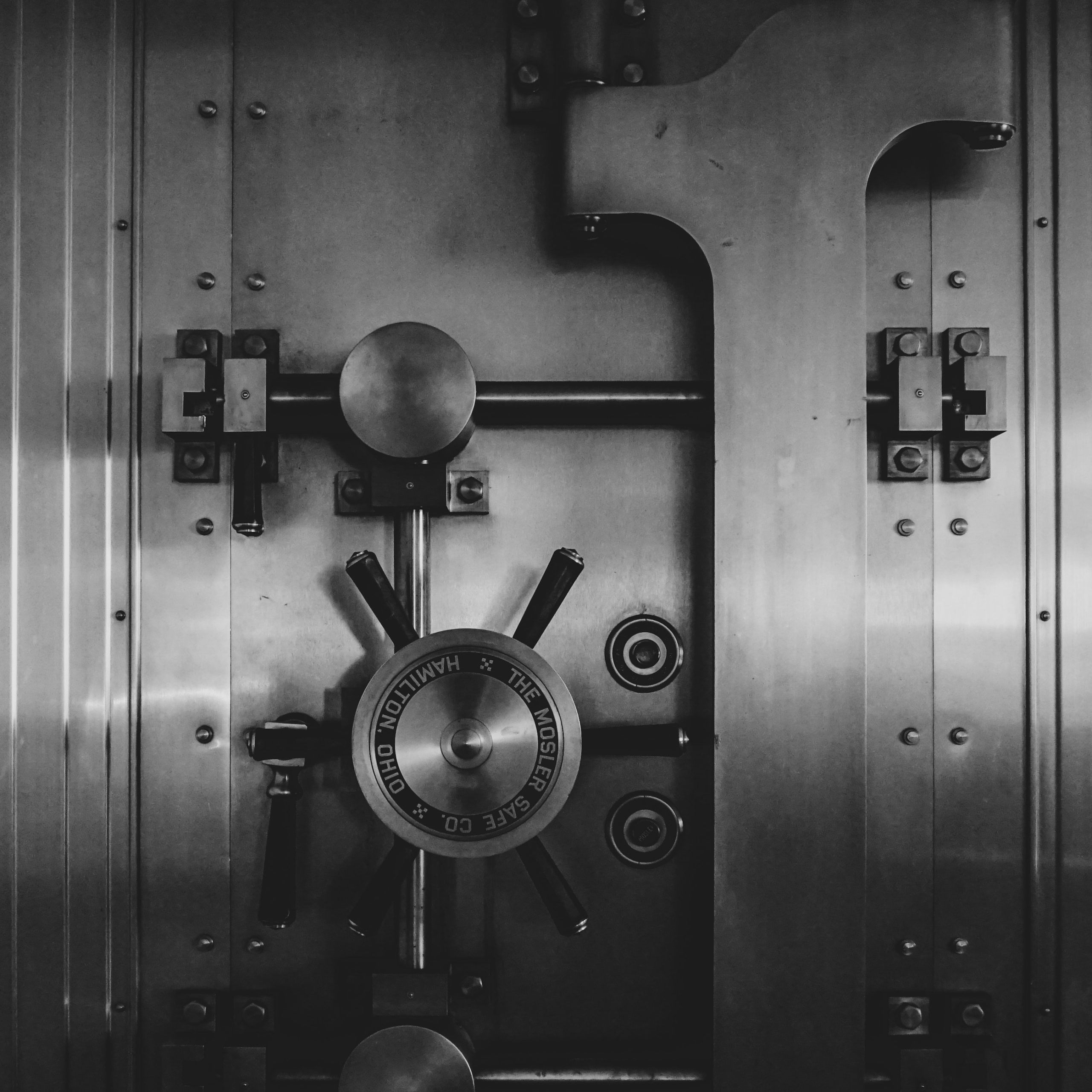In today’s digital world, it’s more important than ever to have a secure password. With so much of our lives now online, from banking to social media to email, if our passwords are compromised, our entire lives could be turned upside down. And yet, despite the importance of password security, many of us are still using passwords that are far too easy to guess. In this blog post, we’ll explore the importance of password security and give you some tips on how to create a secure password that will help keep your online life safe and sound.
The Different Types of Passwords
There are four main types of passwords: alphanumeric, numerical, alphabetic, and symbolic. Alphanumeric passwords are the most common and most secure, followed by numerical passwords. Alphabetic passwords are the least secure but are often used for simplicity. Symbolic passwords are the most secure but are also the most difficult to remember.
Alphanumeric passwords are the most common type of password and usually the most secure. They are a combination of letters and numbers, which makes them more difficult to guess than a purely alphabetical or numerical password.
Numerical passwords are less common than alphanumeric passwords, but they can be just as secure. They are made up entirely of numbers, which makes them more difficult to remember than an alphanumeric password.
Alphabetic passwords are the least secure type of password because they can be easily guessed by someone who knows your name or other personal information about you. However, they are often used for simplicity because they are easier to remember than a more complex password.
Symbolic passwords are the most secure type of password, but they can be very difficult to remember. They use a combination of symbols and numbers, which makes them nearly impossible to guess.
How to Create a Secure Password
When it comes to creating a secure password, there are a few things you should keep in mind. First, your password should be at least 8 characters long. Second, your password should include a mix of uppercase and lowercase letters, as well as numbers and special characters. Finally, your password should be something that you can remember easily, but that would be difficult for someone else to guess.
If you follow these guidelines, you'll be well on your way to creating a secure password that will help keep your online accounts safe.
The Importance of a Secure Password
A secure password is important for many reasons. It helps to protect your online account from being hacked, and it also helps to keep your personal information safe. A strong password is one that is difficult to guess and contains a mix of letters, numbers, and symbols.
How to Remember Your Password
If you're like most people, you have a few online accounts that you use regularly. You probably have a social media account, an email account, and maybe even an online banking account. And chances are, you're using the same password for all of them.
While it may seem easier to just use one password for all of your accounts, it's actually not the safest option. If one of your accounts is hacked, the hacker will then have access to all of your other accounts.
So how can you keep track of all your different passwords? Here are a few tips:
- Use a password manager: A password manager is a software program that helps you generate and remember strong passwords. All you need to do is remember one master password, and the password manager will do the rest.
- Use different passwords for different accounts: This may seem like a lot of work, but it's worth it in terms of security. If you use the same password for everything, a hacker only needs to figure out that one password in order to gain access to all of your accounts.
- Use a combination of letters, numbers, and symbols: The more characters you use in your password, the harder it will be for someone to guess it. A good rule of thumb is to use at least 8 characters in your passwords.
- Change your passwords regularly: Even if you follow all of the above tips, it's still a good idea to change your passwords on a regular basis. This will help to further protect your accounts in case your password is ever compromised.
What to Do if You Forget Your Password
If you forget your password, there are a few things you can do to try and remember it. First, try thinking of a similar password that you may have used in the past. If that doesn't work, you can try using a password reset tool or contacting customer support for help.
Conclusion
Password security is an important issue that we all need to be aware of. With the amount of personal information that we store online, it's crucial that we choose strong passwords and keep them safe. I hope this article has given you some insight into how to create a strong password and how to keep it secure. Remember, your password is only as strong as the measures you take to protect it, so make sure you're taking all the necessary steps to keep your accounts safe.


